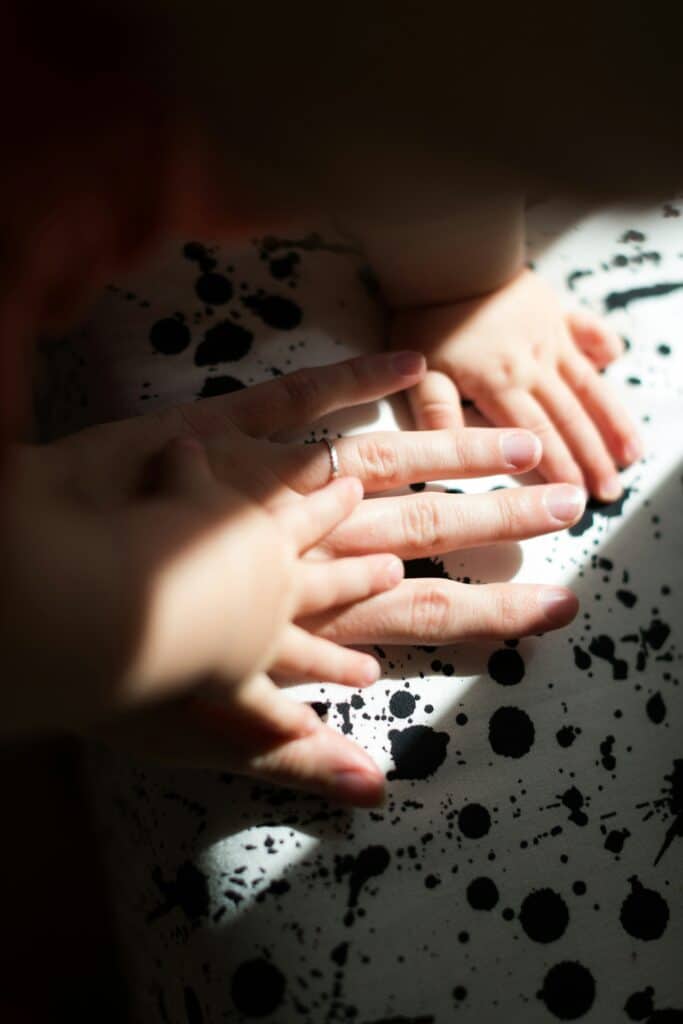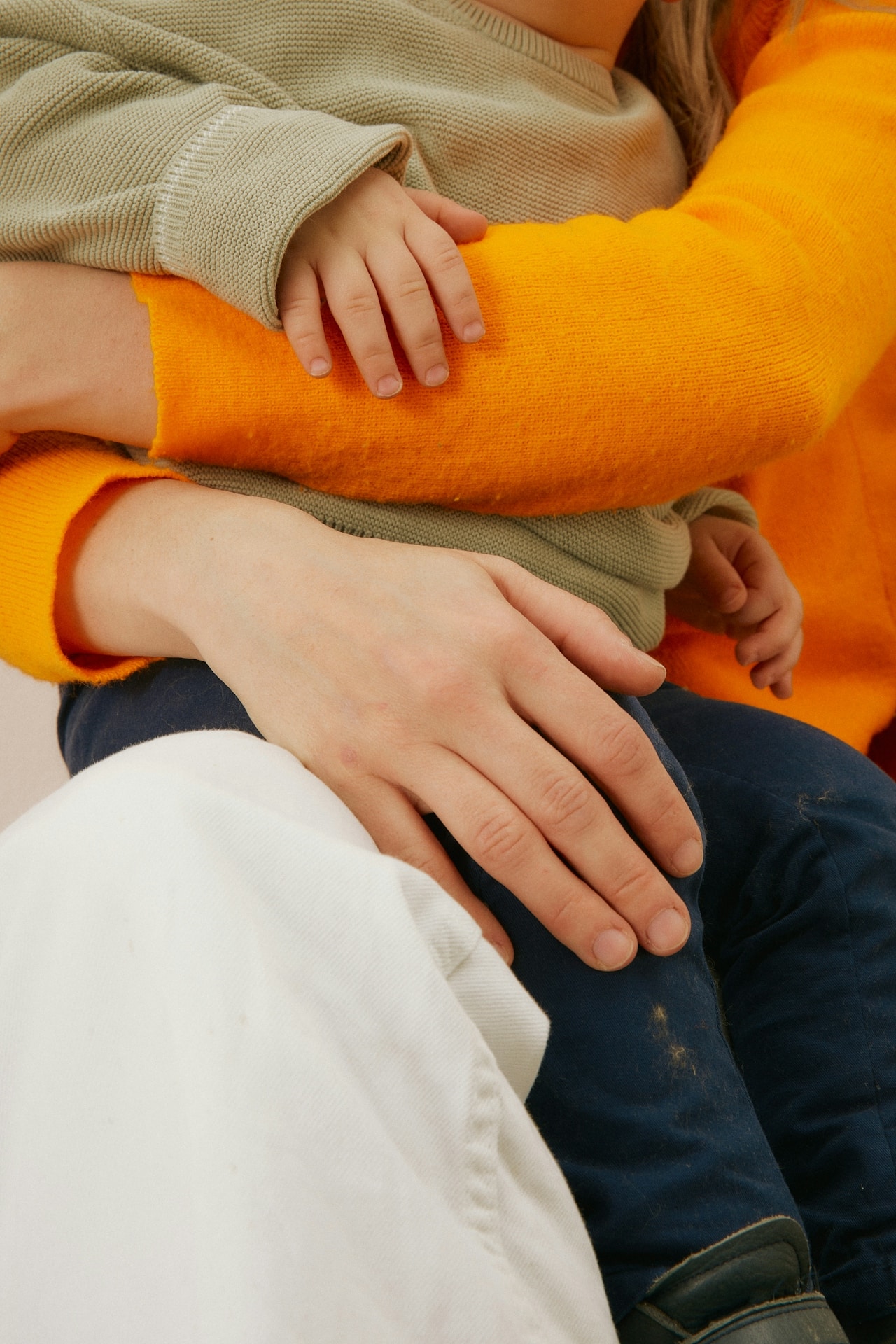What is Childhood Trauma?
Understanding Childhood Trauma: Effects, Symptoms, and Treatment
Childhood trauma refers to deeply distressing or disturbing experiences that occur in a child’s life, leaving lasting emotional and psychological effects. These experiences can range from acute traumatic events like abuse and neglect to chronic stressors such as exposure to domestic violence, poverty, or the loss of a caregiver. When left unaddressed, childhood trauma can significantly impact emotional well-being, brain development, and future relationships.
Research indicates that Adverse Childhood Experiences (ACEs)—such as physical abuse, emotional neglect, or parental substance abuse—are linked to long-term health issues, including anxiety, depression, PTSD, and even chronic physical conditions like heart disease. Studies have shown that individuals with a high ACE score are at increased risk of developing mental health disorders and difficulties in emotional regulation. These traumatic experiences affect brain structure and function, often leading to hyperactive stress responses and difficulties in forming secure attachments.
According to the CDC, individuals with four or more ACEs are more likely to experience poor health outcomes, struggle with interpersonal relationships, and engage in high-risk behaviors. Furthermore, childhood trauma has been associated with increased inflammation in the body, which can contribute to autoimmune diseases and cardiovascular issues later in life. Studies also indicate that early exposure to trauma can alter the function of the amygdala, hippocampus, and prefrontal cortex, impacting emotional regulation and decision-making abilities in adulthood.

“Children are not things to be molded, but people to be unfolded”
-Jess Lair
However, trauma is treatable. With evidence-based interventions, such as EMDR therapy, trauma-informed cognitive behavioral therapy (TF-CBT), and somatic therapy, individuals can process their past and regain a sense of stability and well-being. Therapy can help rewire trauma-impacted neural pathways, empowering individuals to build resilience and break intergenerational cycles of trauma. Community support, self-care practices, and holistic approaches like mindfulness and expressive writing also play a crucial role in the healing journey.
Understanding the impact of childhood trauma is the first step toward healing. With the right support, individuals can develop healthier coping mechanisms, improve emotional regulation, and restore their sense of self-worth. If you or a loved one is struggling with childhood trauma’s lasting effects, Evergreen Counseling can help.
Schedule a complimentary 20 minute consultation today.
Symptoms and Signs of Childhood Trauma
The effects of childhood trauma vary widely, but some common symptoms in children include:
- Physical Symptoms: Frequent stomachaches, headaches, or other stress-related ailments. Chronic stress from trauma has been linked to increased inflammation, gastrointestinal problems, and heightened pain sensitivity. may appear successful outwardly while struggling internally.
- Emotional Dysregulation: Intense mood swings, frequent crying, or sudden anger outbursts. Children who have experienced trauma often struggle with regulating their emotions due to an overactive amygdala and reduced activity in the prefrontal cortex, impairing their ability to process and control emotional responses.
- Hypervigilance and Anxiety: A heightened state of alertness, fear, or excessive worrying. Research indicates that children who experience trauma develop an overactive stress response system, leaving them in a constant fight-or-flight state even in safe environments.
- Dissociation and Memory Issues: Gaps in memory, difficulty concentrating, or feeling disconnected from reality. Trauma can impair hippocampal development, which affects memory processing and can lead to dissociative episodes.
- Attachment Issues: Difficulty forming healthy relationships or excessive clinginess to caregivers. Traumatic experiences can disrupt the ability to form secure attachments, leading to avoidance of intimacy or anxious dependency in relationships.

Symptoms in Adults with Unresolved Childhood Trauma
For those who have experienced childhood trauma, symptoms may persist into adulthood in the form of:
- Difficulty in Relationships: Struggles with trust, fear of abandonment, or unhealthy attachment styles. Many trauma survivors develop insecure attachment patterns, which can make relationships feel overwhelming or unsafe.
- Self-Sabotaging Behaviors: Engaging in risky behaviors, substance abuse, or avoidance of responsibilities. Studies show that unresolved childhood trauma is linked to impulsive decision-making and higher rates of addiction.
- Emotional Instability: Unexplained episodes of anger, depression, or intense fear. These reactions stem from an overactive limbic system, which processes emotions and responses to stress.
- Chronic Stress and Fatigue: Constant feelings of exhaustion, sleep disturbances, or a weakened immune system. Long-term exposure to stress hormones such as cortisol can lead to burnout, chronic illness, and autoimmune disorders.
Recognizing these symptoms is the first step toward healing. If you or someone you love is struggling with the effects of childhood trauma, specialized trauma therapy can help. Seeking professional support can provide effective tools for emotional regulation, relationship building, and overall well-being.
Book a complimentary 20-minute consult call today to find support that meets your needs.
Causes and Contributing Factors
Childhood trauma often stems from multiple sources, each with lasting emotional and psychological consequences. Understanding these causes is crucial in addressing their impact and seeking effective support.
- Abuse (Physical, Emotional, or Sexual): Harm inflicted by caregivers or others can severely affect brain development, particularly in areas related to stress regulation and impulse control. Survivors often experience PTSD, depression, anxiety, and difficulties with trust and emotional regulation.
- Neglect: A lack of emotional support, food, shelter, or basic needs can lead to attachment disorders, cognitive delays, and difficulties forming healthy relationships in adulthood. Studies show that neglected children often struggle with self-worth, academic performance, and emotional stability.
- Domestic Violence: Exposure to violence at home fosters fear, insecurity, and an increased risk of developing PTSD and anxiety disorders. Children in violent households may internalize their trauma, leading to emotional dysregulation and heightened aggression.
- Parental Substance Abuse: Growing up in a chaotic environment due to addiction can create emotional instability, cognitive difficulties, and an increased risk of developing substance use disorders later in life. Children of addicted parents often experience unpredictability, neglect, and a lack of emotional safety.
- Bullying & Peer Rejection: Social trauma from bullying, exclusion, or verbal abuse can have long-term effects on self-esteem and mental health. Victims may struggle with anxiety, depression, social withdrawal, and even suicidal ideation.
- Loss of a Caregiver: Whether due to death, divorce, or abandonment, losing a primary caregiver can create deep emotional wounds. Studies show that unresolved grief in childhood can lead to trust issues, attachment disruptions, and difficulties forming stable relationships.
- Medical Trauma: Chronic illness, painful medical procedures, or extended hospital stays can contribute to PTSD, heightened stress responses, and health-related anxiety. This can lead to avoidance of medical care and persistent fear of health-related issues.
Identifying the root causes of childhood trauma is essential for healing. Trauma-informed therapy, support groups, and evidence-based treatments can help individuals process their experiences, build resilience, and break cycles of emotional distress. Seeking professional support is a crucial step in fostering long-term emotional well-being.

Long-Term Effects of Childhood Trauma
Unresolved childhood trauma can deeply impact mental, physical, and emotional well-being, often persisting into adulthood. Addressing these effects early is crucial to breaking cycles of distress and fostering resilience.
- Mental Health Disorders – Trauma survivors face a higher risk of PTSD, anxiety, depression, and mood disorders. They often struggle with emotional regulation, intrusive memories, and heightened stress responses. Research on Adverse Childhood Experiences (ACEs) highlights a strong link between childhood trauma and long-term mental health struggles, often requiring professional support.
- Neurobiological Impact – Childhood trauma can alter brain development, particularly in the amygdala, hippocampus, and prefrontal cortex, areas responsible for emotional regulation and decision-making. These changes contribute to heightened stress responses and difficulty managing emotions.
- Physical Health Risks – Trauma’s impact extends beyond mental health, increasing the risk of chronic illnesses such as cardiovascular disease, autoimmune disorders, obesity, and gastrointestinal conditions. Persistent stress elevates cortisol levels, contributing to systemic inflammation and long-term health complications.
- Behavioral and Relational Challenges – Many trauma survivors struggle with trust, fear of abandonment, and dysfunctional relationship patterns. These challenges can also affect workplace stability, self-esteem, and emotional well-being.
- Generational Trauma – Unprocessed childhood trauma can be passed down, affecting parenting styles and creating cycles of emotional neglect or insecurity. Breaking these patterns requires self-awareness, professional support, and therapeutic interventions like EMDR therapy.
Early intervention is key to overcoming trauma’s lasting effects. Evidence-based treatments, such as EMDR therapy, can help survivors reprocess distressing memories and develop healthier coping strategies. Take the first step toward healing—book a complimentary 20-minute consult call.

Treatment Options for Childhood Trauma
Several treatment modalities have been proven effective in helping individuals heal from childhood trauma:
- EMDR (Eye Movement Desensitization and Reprocessing): EMDR is a highly effective therapy for trauma that helps clients process distressing memories and reduce emotional distress. By stimulating bilateral brain activity, EMDR enables individuals to reprocess traumatic experiences in a safe and structured manner.
- Trauma-Informed Cognitive Behavioral Therapy (TF-CBT): A structured, short-term therapy that helps individuals reframe negative thoughts and develop healthier coping strategies. TF-CBT has been widely recognized as an effective intervention for trauma survivors, particularly in children and adolescents.
- Internal Family Systems (IFS) Therapy: This approach helps individuals understand and integrate fragmented parts of themselves that were affected by trauma. By fostering self-awareness and inner balance, IFS therapy promotes healing and emotional resilience.
- Somatic Therapy: By focusing on body awareness, this method helps clients release trauma stored in the nervous system. Somatic therapy encourages a connection between mind and body, allowing for the resolution of trauma-related physical symptoms.
- Attachment-Based Therapy: Designed to address relational wounds and improve interpersonal connections. This therapy emphasizes the development of secure attachments, helping individuals rebuild trust and establish healthy relationships.
Additional Healing Approaches
- Mindfulness and Meditation: Enhances self-awareness and emotional regulation. Practicing mindfulness allows trauma survivors to cultivate inner peace and reduce stress-related symptoms.
- Journaling and Expressive Writing: Helps process and externalize difficult emotions. Writing about traumatic experiences can provide clarity and emotional relief, making it an accessible tool for self-exploration and healing.
- Physical Activity: Movement-based therapies like yoga and dance can assist in releasing stored trauma. Engaging in physical activity has been shown to reduce stress hormones and promote overall well-being.
- Support Groups: Connecting with others who have experienced similar trauma fosters community and healing. Peer support groups provide a safe space for individuals to share their experiences and receive encouragement from those who understand their struggles.
Seeking therapy and utilizing evidence-based healing approaches can empower trauma survivors to regain control over their lives and foster lasting emotional well-being. Professional support and self-care strategies are vital in the journey toward recovery and resilience.
If you or someone you know is struggling with unresolved childhood trauma, help is available. Book a complimentary 20-minute consult call today to find support that meets your needs.
Frequently Asked Questions
Childhood trauma can be deeply impactful, leaving many with questions about its effects, the healing process, and how to find the right professional support. Below, we address some of the most frequently asked questions to help you navigate your healing journey with clarity and confidence.
Yes, absolutely. Neuroscience research has shown that the brain is capable of change, a concept known as neuroplasticity. With proper therapy, individuals can rewire trauma responses and develop healthier emotional patterns. Modalities like EMDR therapy and trauma-informed CBT help individuals process and integrate painful memories, fostering healing at both neurological and emotional levels.
Many trauma survivors experience memory gaps due to dissociation, a defense mechanism the brain uses to protect itself from overwhelming distress. Therapy modalities such as EMDR and IFS therapy can help individuals access and process these memories gently, without retraumatization.
If past experiences continue to impact your emotions, relationships, or daily functioning, seeking therapy can be a transformative step. Signs that therapy may be beneficial include emotional dysregulation, difficulty maintaining relationships, self-sabotaging behaviors, chronic anxiety, or physical health issues related to unresolved stress.
Yes. EMDR therapy has been shown to be effective for trauma survivors, even those who have lived with unresolved trauma for decades. Research highlights that the brain can process and reframe past traumatic experiences, allowing individuals to lessen emotional distress and develop healthier coping mechanisms. Even individuals in their 50s and 60s have successfully utilized EMDR to resolve long-standing trauma responses.
Understanding childhood trauma and seeking treatment can lead to profound healing and transformation. Professional therapeutic support, combined with self-care strategies like mindfulness, journaling, and support groups, can provide the tools needed to reclaim emotional well-being and resilience.
